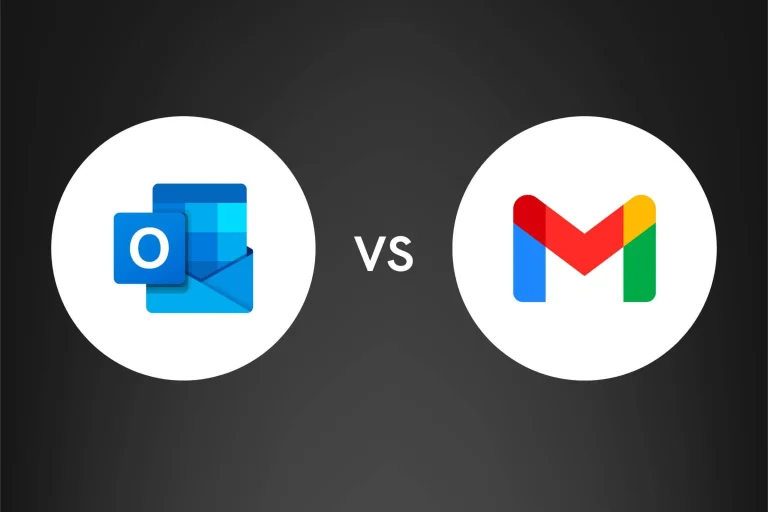If you’ve ever used the internet for anything, chances are you’ve heard of search engine optimization or SEO for short. This important tool helps businesses reach their target audience online and plays a key role in digital marketing. But what exactly is SEO? In this blog post, we will explore the basics of SEO, including why it’s important, how it works and tips on ensuring your website is optimized correctly. With that knowledge in your back pocket, you can be sure that you are reaching the right customers with the right message. So read on to learn more about what search engine optimization can do for your business!
What is search engine optimization?
Search engine optimization (SEO) is the process of improving the visibility and ranking of a website or web page in search engine results pages (SERPs). SEO can be done on-page (on the website) or off-page (by building links from other websites).
On-page SEO includes optimizing the content and structure of a website to make it easier for search engines to index and crawl. Off-page SEO includes building links from other websites to increase the authority and ranking of the target site.
Both on-page and off-page SEO are important for getting a website to rank higher in SERPs. However, off-page SEO is usually more important for competitive keywords, while on-page SEO is more important for less competitive keywords.
How does SEO work?
Search engine optimization (SEO) is the process of improving the visibility and ranking of a website or web page in search engine results pages (SERPs). SEO can be done on-page (i.e., within the website or web page itself) or off-page (i.e., through external factors such as link building and social media engagement).
On-page SEO refers to optimizing a website or web page for search engines to earn higher rankings in SERPs. This can be done by optimizing the website content, structure, and code and increasing the number and quality of inbound links (i.e., links from other websites).
Off-page SEO refers to activities undertaken outside of the site to improve its ranking in SERPs. This can include link building (getting other websites to link to your site), social media engagement, and creating high-quality content.
What are Keywords?
Keywords are words or phrases customers use when searching for a product or service. They act as an indicator that tells search engines what your website is all about and helps them show it to people who have made similar searches in the past. Using relevant keywords on your website pages can increase its chances of appearing on search engine result pages (SERPs).
Why are Keywords Important in SEO?
Using well-researched keywords is essential to getting your website noticed by search engines. A keyword analysis conducted before publishing content gives you an understanding of what people are looking for, enabling you to tailor content accordingly and improve visibility. Additionally, using appropriate keywords throughout your content increases traffic and helps build credibility with customers and strengthens relationships with them.
How do You Choose Keywords?
Choosing the right keywords requires careful consideration, as these will determine the success of your SEO strategy. To start, consider what you want to rank for and make a list of related words; then, brainstorm more general terms related to those words and add them to the list. Once you have compiled a comprehensive list, research each keyword individually to determine which will most likely bring in more traffic and conversions for your business. This can involve using tools like Google’s AdWords Keyword Planner tool or other tools available online; however, make sure that you don’t just focus on high-traffic words but also prioritise ones that accurately describe your content so that customers land on exactly what they were looking for when they type a query into a search engine.
The anatomy of search results
When you type a query into a search engine and hit “enter”, you are presented with a list of results that the search engine deems the most relevant to your query. This list of results is what we call the “search engine results page” (SERP). The SERP consists of different elements, including:
- The search query itself
- The number of results found for that query
- A list of those results, usually displayed in order of relevance
- Ads related to the query (depending on the search engine)
- Other features such as images, videos, etc. (again, depending on the search engine)
Why is SEO important for marketing?
With millions of websites competing for attention online, yours must stand out from the crowd if you want people to find it. This is where SEO comes in—by improving your website’s visibility on SERPs through keyword optimization, link building, and technical optimization, you can ensure that potential customers can find your website more easily. Additionally, by optimizing your content with relevant keywords, you can make sure that when someone searches for something related to your business or organization, they will be presented with your site as one of the top results.
SEO is important for marketing because it helps you reach your target audience through organic search results. It is a long-term strategy that builds trust and credibility with your audience, and it can lead to more website visitors and higher conversion rates.
What are the benefits of SEO?
There are many benefits of SEO, but some of the most common and important ones include the following:
- Increased traffic: One of the main reasons businesses invest in SEO is to increase their website’s traffic. And when done correctly, SEO can be incredibly effective at doing this.
- Improved search engine ranking: Another big benefit of SEO is improved search engine ranking. When your website ranks higher in search results, you’re more likely to get more clicks and traffic.
- More organic traffic: With SEO, you can also get more organic traffic (traffic from people who find your website without being directed there from another site). This is because, with SEO, you’re not just paying for advertising space – you’re also working to make your website more relevant and useful to searchers.
- Improved brand awareness and visibility: When people see your website at the top of search results, it helps improve your brand’s visibility and awareness – as a result, more people are likely to visit your site and become familiar with your brand.
Overall, SEO can be a very effective way to improve your website and grow your business. However, investing in SEO is a smart choice if you’re looking to increase traffic and improve your search engine ranking.
How to improve your SEO
Search engine optimization (SEO) is the process of improving the visibility and ranking of your website in search engine results pages (SERPs). The higher your website ranks in the SERPs, the more likely people will find it.
There are many ways to improve your SEO. Here are some of the most effective:
- Use keywords throughout your website. Use them in your title tags, meta descriptions, headings, and content. This will help search engines understand what your website is about and index it accordingly.
- Optimize your website for mobile devices. More and more people are using mobile devices to access the internet. If your website isn’t optimized for mobile, you’re missing out on a lot of potential traffic.
- Build backlinks to your website. Backlinks are links from other websites to yours. They act as a vote of confidence for your site and can improve your SEO significantly. You can build backlinks by creating high-quality content and submitting it to directories and other websites.
- Keep your website updated with fresh content. Search engines love websites that are regularly updated with new content. Adding new pages, blog posts, or other types of content regularly will keep people coming back for more, and it will also help you rank higher in the SERPs over time.
Alternatives to SEO
There are many ways to improve the visibility of your website and increase traffic without relying on search engine optimization. Some of these alternatives include:
- Social media marketing: This involves creating and sharing content on social media platforms like Facebook, Twitter, and LinkedIn to generate interest and engagement from potential customers.
- Pay-per-click advertising: With this method, you pay a fee for your ad to appear on the results page of a search engine when someone searches for keywords related to your business.
- Content marketing: A great way to attract attention and build an audience is by creating informative and interesting blog posts, infographics, videos, or other types of content that people will want to share.
- Email marketing: Sending targeted email campaigns to potential customers can help promote your products or services and get them interested in visiting your website.
Conclusion
Search engine optimization is a powerful tool for businesses that want to increase their website visibility and rankings in search engines. With the right SEO strategies, your business can benefit from increased targeted traffic, improved brand awareness, and higher conversions. While it may take some time and effort to learn about this process, once you understand how it works and implement the necessary steps, you will be well on growing your online presence.

















